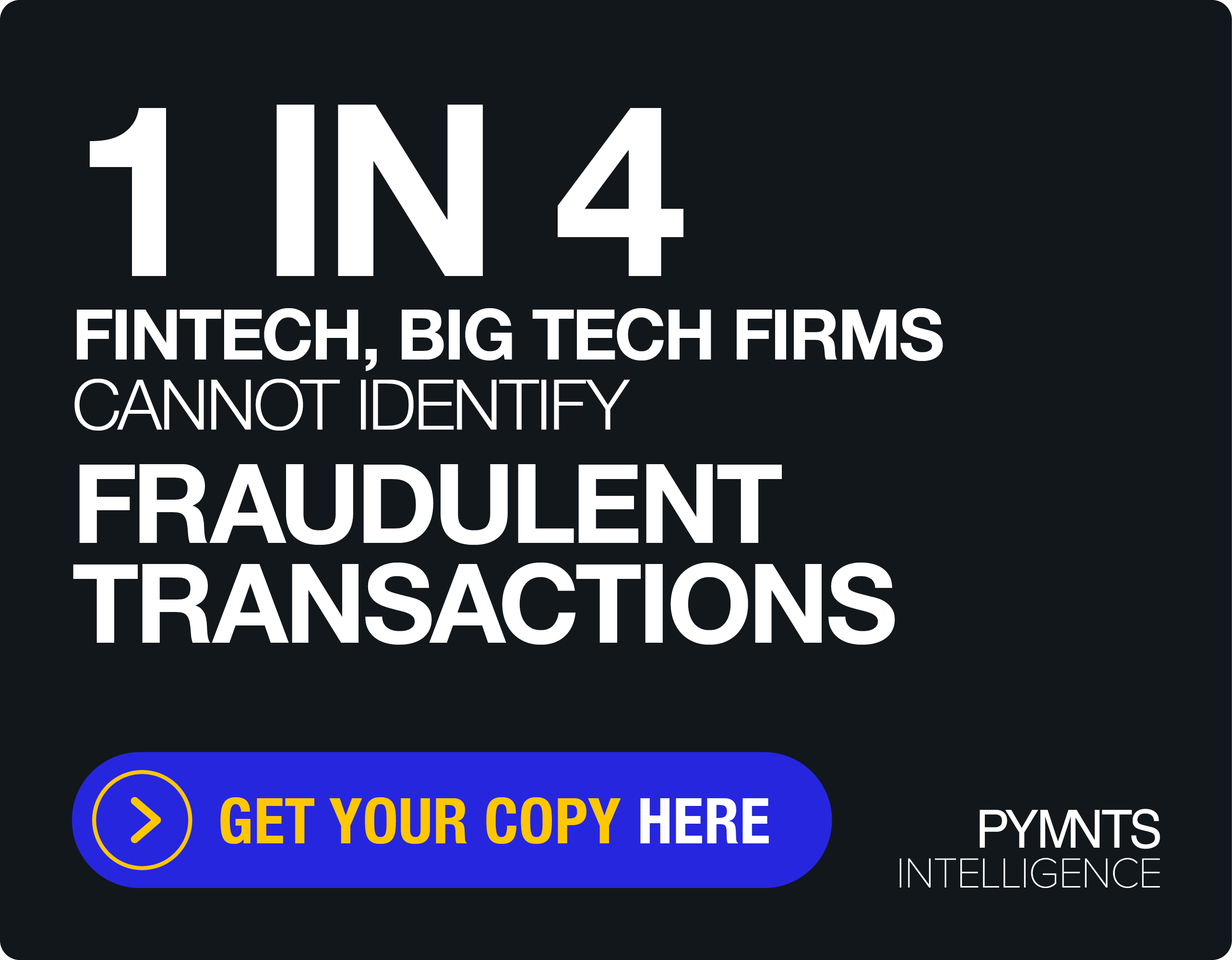4 Signs Your Fraud Protection Needs An Omnichannel Upgrade

The payments industry lost more than $11 billion to fraud in 2012, and that figure is only expected to rise as fraud migrates to less secure channels in the wake of EMV adoption in the U.S.
But the figure that we don’t know, the far more important figure, is just how many players in the ecosystem understand the gravity of this situation, and choose to rely on outdated fraud prevention solutions that are ill-equipped to handle new threats associated with the new omnichannel customer experiences.
As risk and fraud management specialist Feedzai explained in its latest white paper, the scale of big data and omnichannel commerce, while opening the doors to new innovations and creative solutions for the industry, has also changed the playing field for fraud. And fraudsters now have the upper hand using machine-learning.
“New fraud rings come at if from a data perspective, and the volume, variety, velocity and veracity of data can be harnessed by data scientist to be used for bad as well as good. To fight fire, you need modern artificial intelligence and technology,” Nuno Sebastiao, CEO of Feedzai, told PYMNTS.com.
According to Feedzai, businesses that leave themselves susceptible to fraud are not only taking a risk with customer data, they’re putting themselves at a competitive disadvantage. The latest solutions, the white paper illustrates, offer previously unthought-of capabilities, such as 1-1 behavioral profiling and the ability to defend against machine-based attacks in real time.
Still, businesses that fail to upgrade their software may not be willfully putting their organization at risk. Many just aren’t able to identify correctly when their older fraud prevention software needs to be replaced.
To help banks, credit card brands, payment processors and retailers navigate this decision, we take a look at Feedzai’s latest white paper “Modern Payment Fraud Prevention at Big Data Scale” to reveal four signs representatives at these companies can spot to ensure their fraud prevention system is best aligned with its objectives.
1. Data-centric, not customer-centric – One sign your fraud solutions are outdated, the paper suggests, is if it relies on rules-based solutions which fit broad data segments but not individual customers. These fraud prevention tools score transactions based only on one or two perspectives, and lack additional features such as deep-learning historical profiling and a multi-dimensional approach, the use of which has been found to detect 61 percent more fraud.
2. Single-channel – Systems built for in-store transactions cannot handle eCommerce, mobile and social data streams. Conversely, eCommerce fraud engines cannot cross into the real world and thus lack details about the entire commerce journey.
3. Opaque, slow decisioning – Real-time, transparent processing, according to the white paper, is key in the Age of the Customer. However, buyers should beware, many “real-time fraud solutions” are offered, but few deliver. Buyers should look for fraud scores in the low milliseconds coupled with human-readable explanations, Feedzai advises, in order to make decisions “during the customer engagement window.”
4. Useable only by data scientists – Outdated solutions may also be limiting due to inaccessible interfaces. Whereas past solutions necessitated that users understand complex coding, newer solutions are more user-friendly, incorporating drag-and-drop modeling. Want to learn more about how to identify this issue and how today’s latest fraud solutions improve detection and minimize false positives?
Download a full copy of Feedzai’s “Modern Payment Fraud Prevention at Big Data Scale” here.
 Nuno Sebastiao, CEO, Feedzai
Nuno Sebastiao, CEO, Feedzai
Nuno Sebastiao, CEO at Feedzai, formerly led large systems development for the European Space Agency. Nuno was a co-founder at Evolve Space Solutions. Presently, he and his top team of data scientists at Feedzai deliver fraud prevention technology at Big Data scale in order to “Make Omnichannel Commerce Safe”. Nuno holds an MBA from London Business School.
